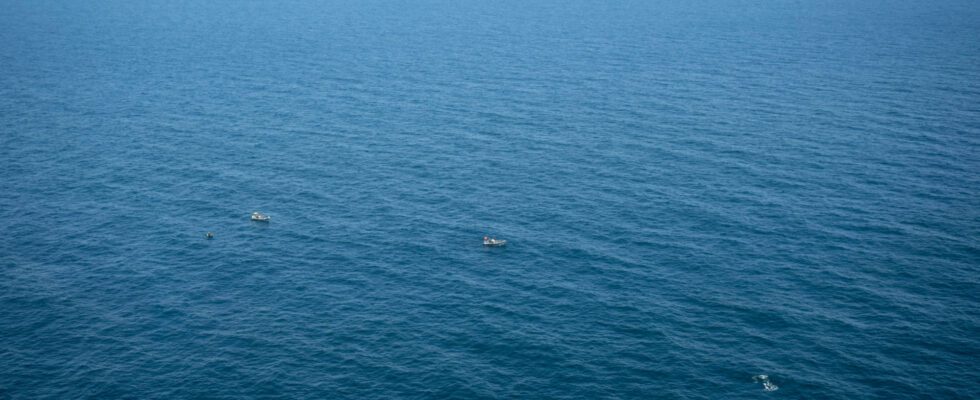UN member states finally agreed on Saturday on the first international treaty to protect the high seas, intended to counter threats to ecosystems vital to humanity. Activists and several countries including France welcomed this “historic agreement” this Sunday.
France on Sunday hailed the “historic agreement” reached at the UN for “the conservation and sustainable use” of the high seas, in a press release from the French Ministry of Foreign Affairs and the State Secretariat for the Sea. In order to thwart the threats to marine ecosystems vital to the planet, the delegates of the Member States of the United Nations have finalized after more than 15 years of discussions a text which has yet to be formally adopted, after examination by the legal services of the United Nations. ‘organization.
Many advances
The exact content of the text has not been published immediately, but France believes that “it opens the way to essential and unprecedented progress”, according to the press release. Among these advances, the “creation of marine protected areas on the high seas”, the obligation to assess the impact of new activities on the high seas, a “fair and equitable” sharing of the benefits of discoveries made in the oceans, as well as “strengthening the capacities of developing States” to ensure “good governance of marine areas”.
“Our ability to win the race against the climate clock largely depends on the preservation of the oceans and therefore of the high seas which covers 45% of the surface of the planet”, underlined the Secretary of State in charge of the sea Hervé Berville in a statement sent to AFP. “The high seas will no longer be a space without environmental protection, where the law of the strongest reigns and whose use of resources is guided by injustice,” he said.
He recalled that France and Costa Rica will organize the third United Nations conference on the oceans scheduled for Nice in 2025. The agreement was also welcomed on Sunday by the European Commission as well as by NGOs including Greenpeace.
